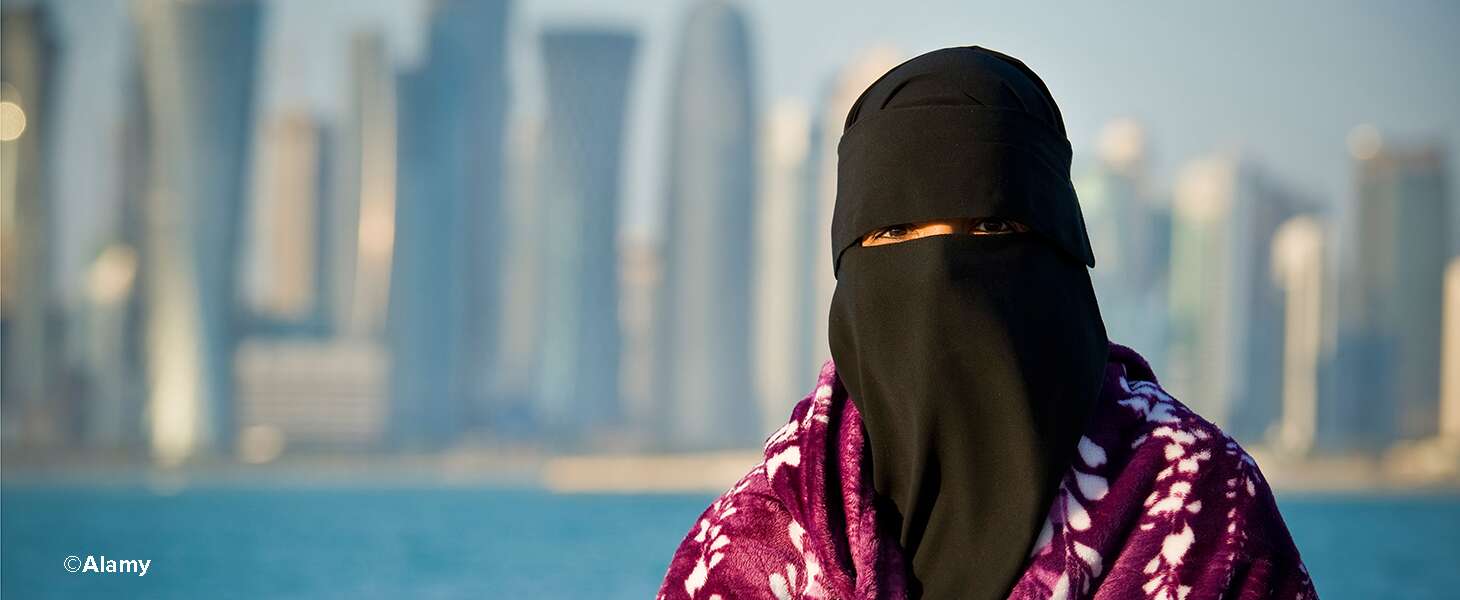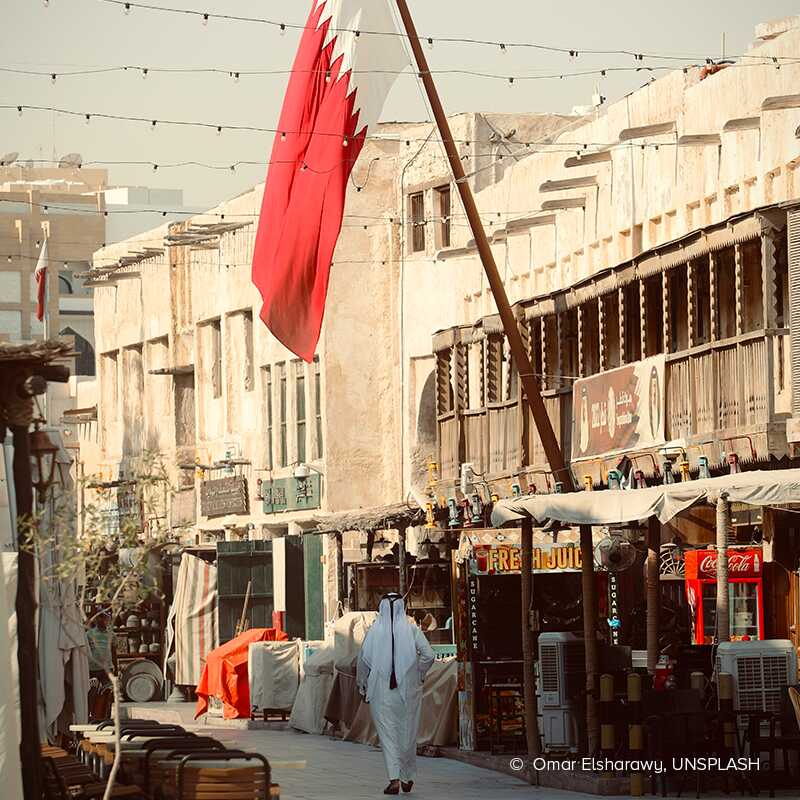





Christians in Qatar are either workers from non-Muslim countries, or people from Muslim backgrounds – and the two rarely interact. There are many migrant workers in Qatar who are allowed to practise the Christian faith – as long as they stick to Qatar's rules. There is an official religious complex outside the capital, Doha, where a select number of churches have been allowed to meet. Qatari citizens are not allowed to enter, and migrant Christians must not speak about Christianity to Muslims. If they do, they may be arrested or deported.
Qataris and migrants from Muslim families who have faith in Jesus cannot openly practise Christianity and can face discrimination, harassment and police monitoring. Changing one’s faith from Islam is not officially recognised, which can cause legal problems around marriage and property ownership.
Qatar is increasingly using advanced technology to monitor both citizens and immigrants. This has caused Christians in Qatar to become increasingly careful about their activities. There are few reports of Christians being physically harmed for their faith, because believers from Muslim backgrounds keep their faith secret.
Qatari believers and others from Muslim backgrounds are most at risk of persecution. Christian migrant workers face danger if they are seen to be sharing their faith with local people.
The risks are very real not just for the individual but also the extended family who are shamed by association. It’s very challenging to find a church and other believers. There’s a lot of fear and mistrust. You could be talking to someone who’s not a believer but is just pretending.
Nadia, Christian convert, Arabian Peninsula.
Little has changed for Christians in Qatar, with pressure on believers from Muslim backgrounds remaining high. Christians continue to face restrictions and persecution from the government, society and their own families.
Open Doors supports the body of Christ on the Arabian Peninsula by organising prayer, distributing Scripture resources and training believers and pastors.

Father God, thank You that the Qatari authorities exhibit some tolerance towards Christians. We pray they may allow their own people the same freedom to choose their own beliefs and practise them peacefully. Strengthen the faith of Your followers in Muslim families, especially those who feel isolated. We also pray for fair treatment and justice for exploited migrant workers, Amen.
We use cookies and other technologies on our website. Some of them are essential, while others help us to improve this website and your experience. We use them, among other things, to offer you an option for secure donations and anonymously evaluate access to our website. It also allows us to share our own YouTube videos on the website. Depending on the function, the data is passed on to third parties and processed by them. More information on The use of your data can be found in our Privacy Policy. You can revoke or adjust your choice at any time under Cookie Settings.